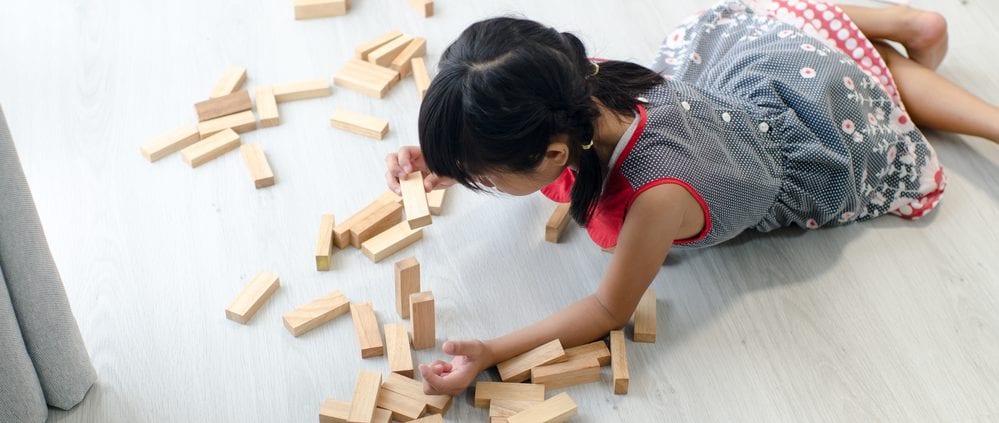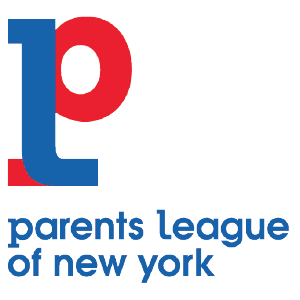Fine and Gross Motor Skills of Preschoolers: What Parents Can Expect as Children Grow
As a parent of a preschooler, comparing your child’s motor skills to average developmental skill levels can help gauge their growth. Motor skills are the result of a child’s brain, nervous system, and muscles working together. Each child develops skills at different rates, but knowing milestones at each stage is useful. Motor skills are supported by many body areas, making them a helpful guide for parents to assess their child’s early development. They can also indicate if your child has natural physical talents to be encouraged.
Here’s what you need to know about fine and gross motor skills for young children and the average ages these skills develop.
Fine Motor Skills
Fine motor skills involve smaller muscles and movements, such as grasping items or holding utensils. It’s crucial for children to develop these skills, so their hands, fingers, and toes become strong and dexterous. These skills also include the small tongue and lip muscles necessary for language. As fine motor skills in preschoolers improve, they can do simple tasks, like feeding themselves.
Fine Motor Skills: Milestones for Children from Ages 2-3
- Building towers using wooden or plastic blocks.
- Scribbling with crayons.
- Molding Playdough or clay into simple shapes.
- Inserting shapes into matching holes.
- Preferring one hand over the other, signifying right or left-handedness.
Fine Motor Skills: Milestones for Children from Ages 3-4
- Trying to dress or undress themselves independently.
- Manipulating garment fasteners.
- Starting to use round-edged scissors.
- Using spoons and forks.
- Handling large crayons, markers, and other thick writing tools.
- Twisting off jar lids.
- Opening and closing doors by turning knobs and pulling handles.
Fine Motor Skills: Milestones for Children from Ages 4-5
- Unbuttoning or buttoning clothing without help.
- Improved artistic abilities, drawing simple shapes and stick figures.
- Drawing large letters.
Gross Motor Skills
Gross motor skills involve arm and leg coordination, and movements like crawling, running, and swimming. They don’t require as much precision as fine motor skills.
Gross Motor Skills: Milestones for Children from Ages 2-3
- Running, hopping and jumping.
- Throwing and catching large balls.
- Pushing themselves with their feet on a toy car.
Gross Motor Skills: Milestones for Children from Ages 3-4
- Improved upper body mobility, catching and throwing large balls.
- Hitting a stationary ball from a tee.
- Cautiously climbing stairs with parental assistance.
- Hopping and jumping higher, with some children hopping on a single foot.
- Starting to ride a tricycle.
Gross Motor Skills: Milestones for Children from Ages 4-5
- Climbing stairs without assistance.
- Skipping.
- Spinning the body when throwing a ball.
- Riding tricycles or bikes with better control and speed.
- Running faster and smoother.
Considerations and Warnings
- Toddling can be a clue that walking will soon begin.
- Most children can fully dress and undress themselves before kindergarten.
- Help your preschoolers develop fine motor skills at home by showing them how to cut and paste, use a zipper, clap, build with blocks, do simple puzzles, and manipulate crayons and pencils.
- Keep harmful substances out of reach once children learn to twist off lids.


















